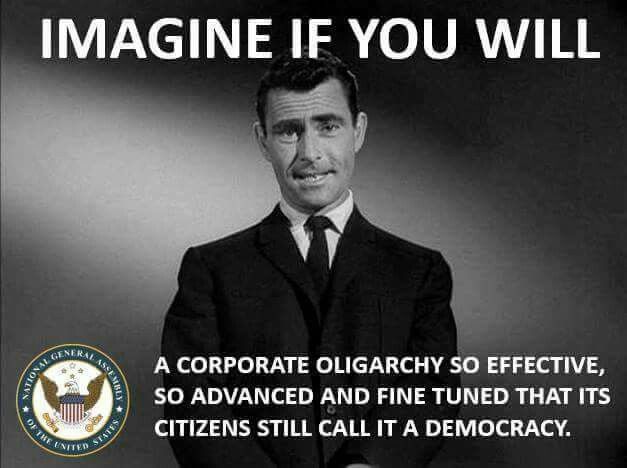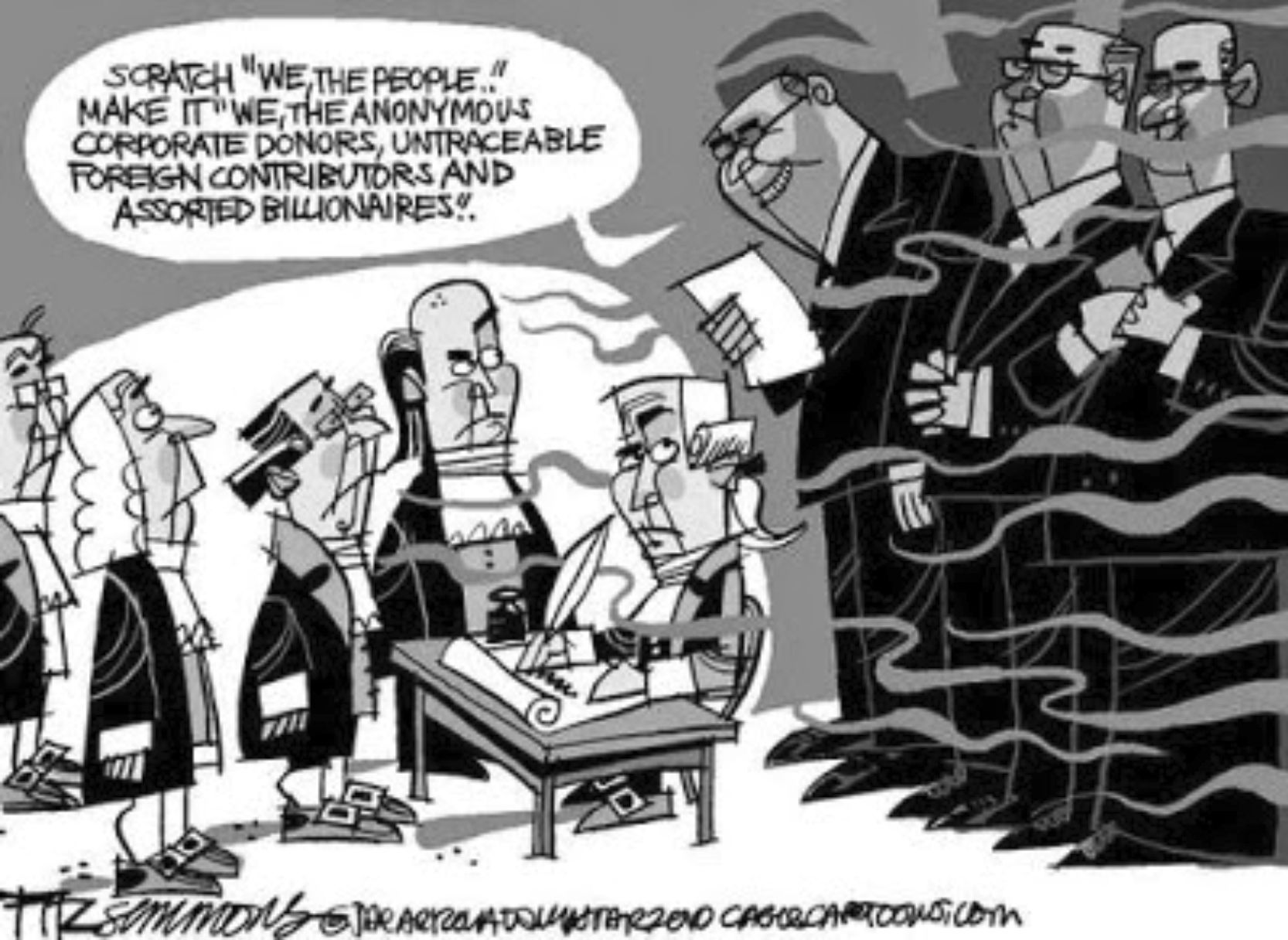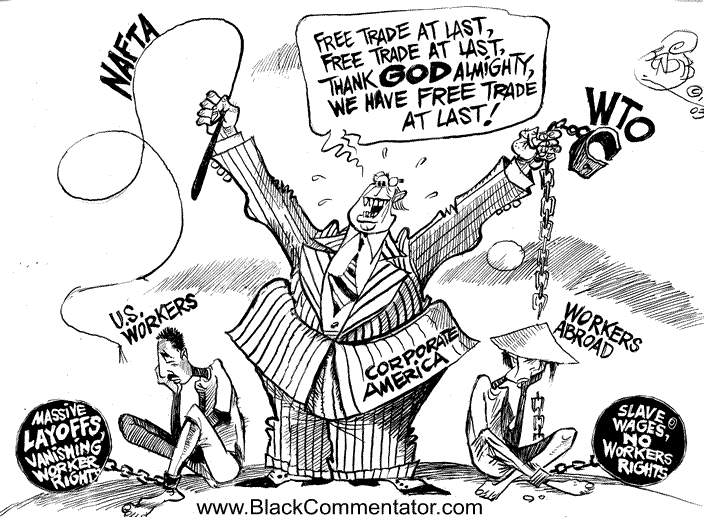When Donald Trump first announced his presidential campaign, I, like most people, thought it would be a short-lived publicity stunt. A month later, though, I happened to catch one of his political rallies on C-Span. I was riveted.
I supported the Republican in dozens of articles, radio and TV appearances, even as conservative friends and colleagues said I had to be kidding. As early as September 2015, I wrote that Mr. Trump was “the most serious candidate in the race.” Critics of the pro-Trump blog and then the nonprofit journal that I founded accused us of attempting to “understand Trump better than he understands himself.” I hoped that was the case. I saw the decline in this country — its weak economy and frayed social fabric — and I thought Mr. Trump’s willingness to move past partisan stalemates could begin a process of renewal.
It is now clear that my optimism was unfounded. I can’t stand by this disgraceful administration any longer, and I would urge anyone who once supported him as I did to stop defending the 45th president.
Far from making America great again, Mr. Trump has betrayed the foundations of our common citizenship. And his actions are jeopardizing any prospect of enacting an agenda that might restore the promise of American life.
***
What, you may wonder, especially in the wake of Charlottesville, Va., did I possibly see in this candidate?
Although crude and meandering for almost all of the primary campaign, Mr. Trump eschewed strict ideologies and directly addressed themes that the more conventional candidates of both parties preferred to ignore. Rather than recite paeans to American enterprise, he acknowledged that our “information economy” has delivered little wage or productivity growth. He was willing to criticize the bipartisan consensus on trade and pointed out the devastating effects of deindustrialization felt in many communities. He forthrightly addressed the foreign policy failures of both parties, such as the debacles in Iraq and Libya, and rejected the utopian rhetoric of “democracy promotion.” He talked about the issue of widening income inequality — almost unheard of for a Republican candidate — and didn’t pretend that simply cutting taxes or shrinking government would solve the problem.
He criticized corporations for offshoring jobs, attacked financial-industry executives for avoiding taxes and bemoaned America’s reliance on economic bubbles over the last few decades. He blasted the Jeb Bush and Ted Cruz campaigns for insincerely mouthing focus-grouped platitudes while catering to their largest donors — and he was right. Voters loved that he was willing to buck conventional wisdom and the establishment.
He flouted GOP orthodoxy on entitlements, infrastructure spending and, at times, even health care and “culture war” issues like funding Planned Parenthood. His statements on immigration were often needlessly inflammatory, but he correctly diagnosed that our current system makes little sense for most Americans, as well as many immigrants, and seems designed to benefit the wealthy at the expense of working people.
Yes, Mr. Trump’s policy positions were poorly defined, but these days, most candidates’ positions are. And yes, he had little support from the Republican Party leadership. But many of us thought even this might be a positive if it forced him to focus on “making deals” rather than on Washington’s usual ideological posturing. He was never going to fulfill all of his over-the-top promises, but we believed that his administration might achieve some meaningful successes.
In my writing, I tried to steer this administration in the right direction. During the presidential primaries, the blog I helped organize, called the Journal of American Greatness, was one of the leading voices supporting certain themes of Trump’s campaign. (Michael Anton, now a National Security Council adviser, was our most prolific writer.) Then, after the election, I founded a quarterly journal, American Affairs, largely to question elements of what is often called the neoliberal policy consensus — totally open borders for capital and labor; transferring power from national governments to transnational technocracies; unfettered markets; and democracy promotion as the sole premise of foreign policy. In other words, the disappointing legacy we inherited from the Bushes and the Clintons that helped pave the way to Mr. Trump’s election.
In this role, as one of the few people in the media who has been somewhat sympathetic to Mr. Trump, I am often asked to comment on his surprise victory, or more recently on his statements, policies and the gusher of news pouring out of this White House. For months, despite increasing chaos and incoherence, I have given Mr. Trump the benefit of the doubt: “No, I don’t really think he is a racist,” I have told skeptical audiences. “Yes, he says some stupid things, but none of it really matters; he’s not really that incompetent.” Or: “They’ve made some mistakes, but it’s still early.”
It’s no longer early. Not only has the president failed to make the course corrections necessary to save his administration, but his increasingly appalling conduct will continue to repel anyone who might once have been inclined to work with him.
From the very start of his run, one of the most serious charges against Mr. Trump was that he panders to racists. Many of his supporters, myself included, managed to convince ourselves that his more outrageous comments — such as the Judge Gonzalo Curiel controversy or his initial hesitance to disavow David Duke’s endorsement — were merely Bidenesque gaffes committed during the heat of a campaign.
It is now clear that we were deluding ourselves. Either Mr. Trump is genuinely sympathetic to the David Duke types, or he is so obtuse as to be utterly incapable of learning from his worst mistakes. Either way, he continues to prove his harshest critics right.
Mr. Trump once boasted that he could shoot someone in the street and not lose voters. Well, someone was just killed in the street by a white supremacist in Charlottesville. His refusal this weekend to specifically and immediately denounce the groups responsible for this intolerable violence was both morally disgusting and monumentally stupid. In this, Mr. Trump failed perhaps the easiest imaginable test of presidential leadership. Rather than advance a vision of national unity that he claims to represent, his indefensible equivocation can only inflame the most vicious forces of division within our country.
If Mr. Trump had been speaking about the overall political climate, he might have been right to say that “many sides” are responsible for exacerbating social tensions. Yet during the events in Charlottesville this past weekend, only one side — a deranged white nationalist — was responsible for killing anyone. To equivocate about this fact is the height of irresponsibility. Even those concerned about the overzealous enforcement of political correctness can hardly think that apologizing for neo-Nazis is a sensible alternative.
Those of us who supported Mr. Trump were never so naïve as to expect that he would transform himself into a model of presidential decorum upon taking office. But our calculation was that a few cringe-inducing tweets were an acceptable trade-off for a successful governing agenda.
Yet after more than 200 days in office, Mr. Trump’s behavior grows only more reprehensible. Meanwhile, his administration has no significant legislative accomplishments — and no apparent plan to deliver any. Wilbur Ross’s Commerce Department has advanced some sensible and appropriately incremental changes to trade policy, but no long-term agenda has been articulated. Senators Tom Cotton and David Perdue’s recently proposed legislation offers a sound basis for reforming immigration policy, but seems to have no prospects and has received comparatively little attention. The administration inexplicably downgraded infrastructure and corporate tax reform — issues with potentially broad-based support — to pursue a warmed-over version of Paul Ryan’s Obamacare repeal, which ended, predictably, in a humiliating failure.
Nothing disastrous has occurred on the foreign policy front — yet — but the never-ending chaos within the administration hardly inspires confidence. Many senior-level appointees are still not in place, including the assistant secretaries of state, for example. And too many of those who are in office appear to be petty, clueless, and rather repulsive ideologues, like Steve Bannon, who seem to spend most of their time accusing one another of being “swamp creatures.” It’s pathetic. No wonder an increasing number of officials are simply ignoring the president, an alarming but understandable development.
Effectively a third-party president without a party, Mr. Trump has faced extraordinary resistance from the media, the bureaucracy and even within the Republican Party. But the administration has committed too many unforced errors and deserves most of the blame for its failures. Far from making the transformative “deals” he promised voters, his only talent appears to be creating grotesque media frenzies — just as all his critics said.
Those who found some admirable things in the hazy outlines of Mr. Trump’s campaign — a trade policy focused on national industrial development; a less quixotic foreign policy; less ideological approaches to infrastructure, health care and entitlements — will have to salvage that agenda from the wreckage of his presidency. On that, I’m not ready to give up. --
Julius Krein, founder and editor of American Affairs
 billw55, on 2017-August-13, 20:50, said:
billw55, on 2017-August-13, 20:50, said:

 Help
Help






